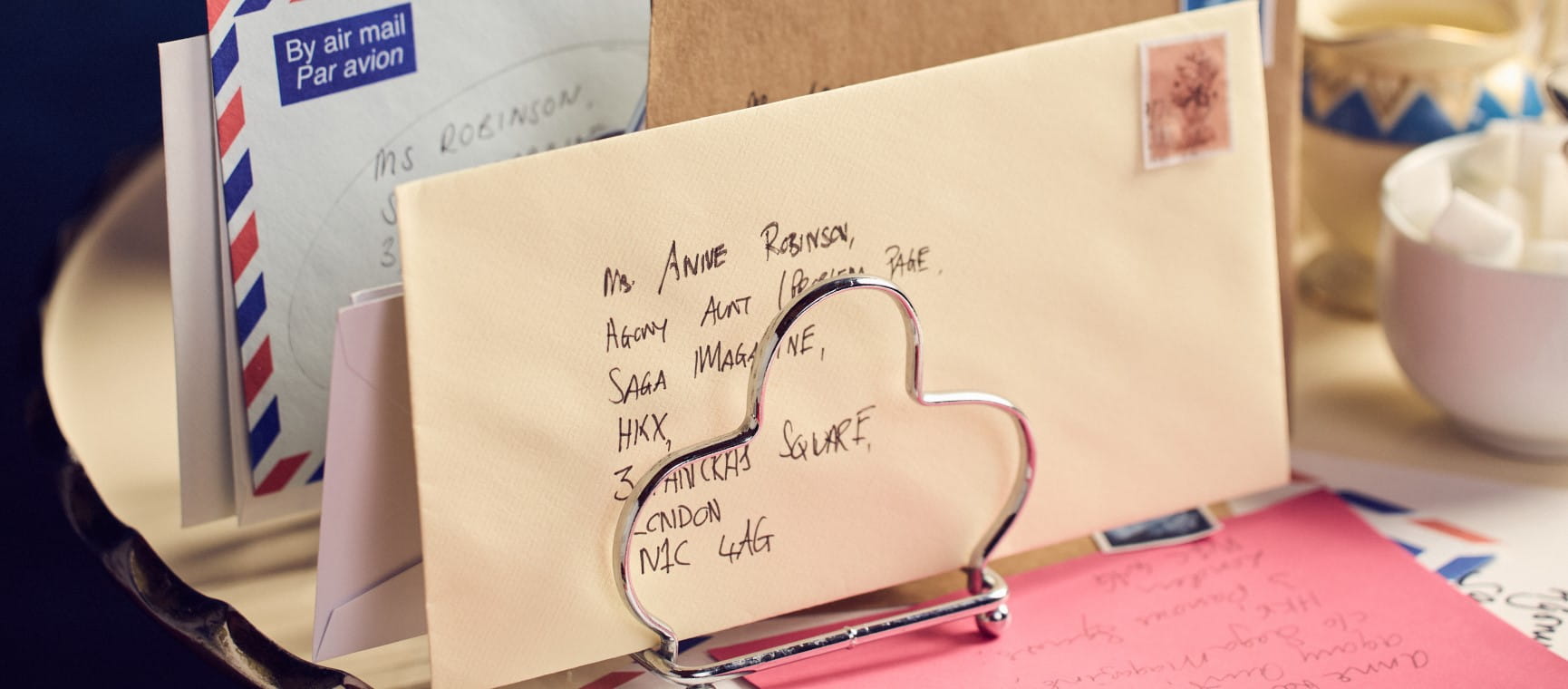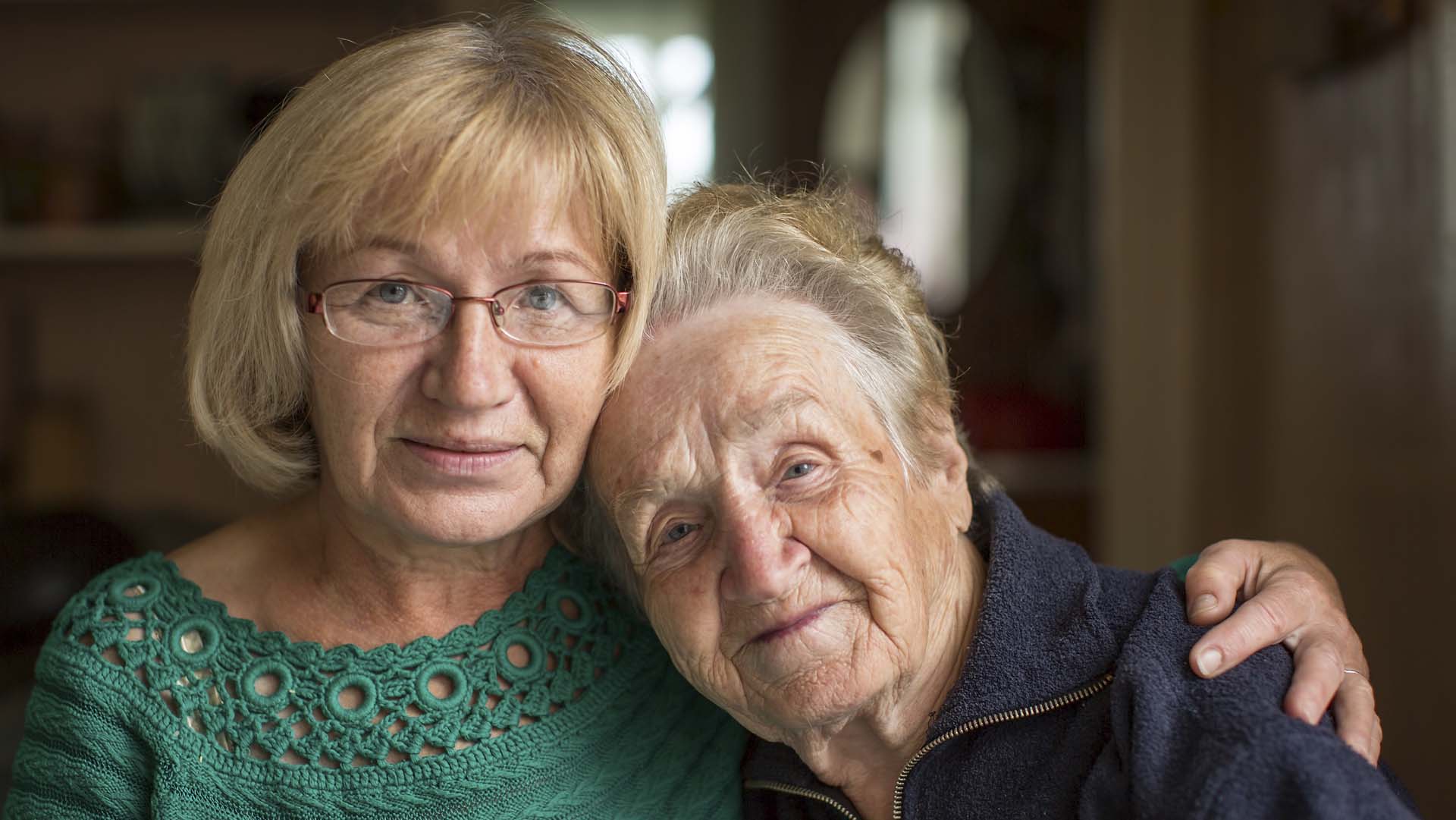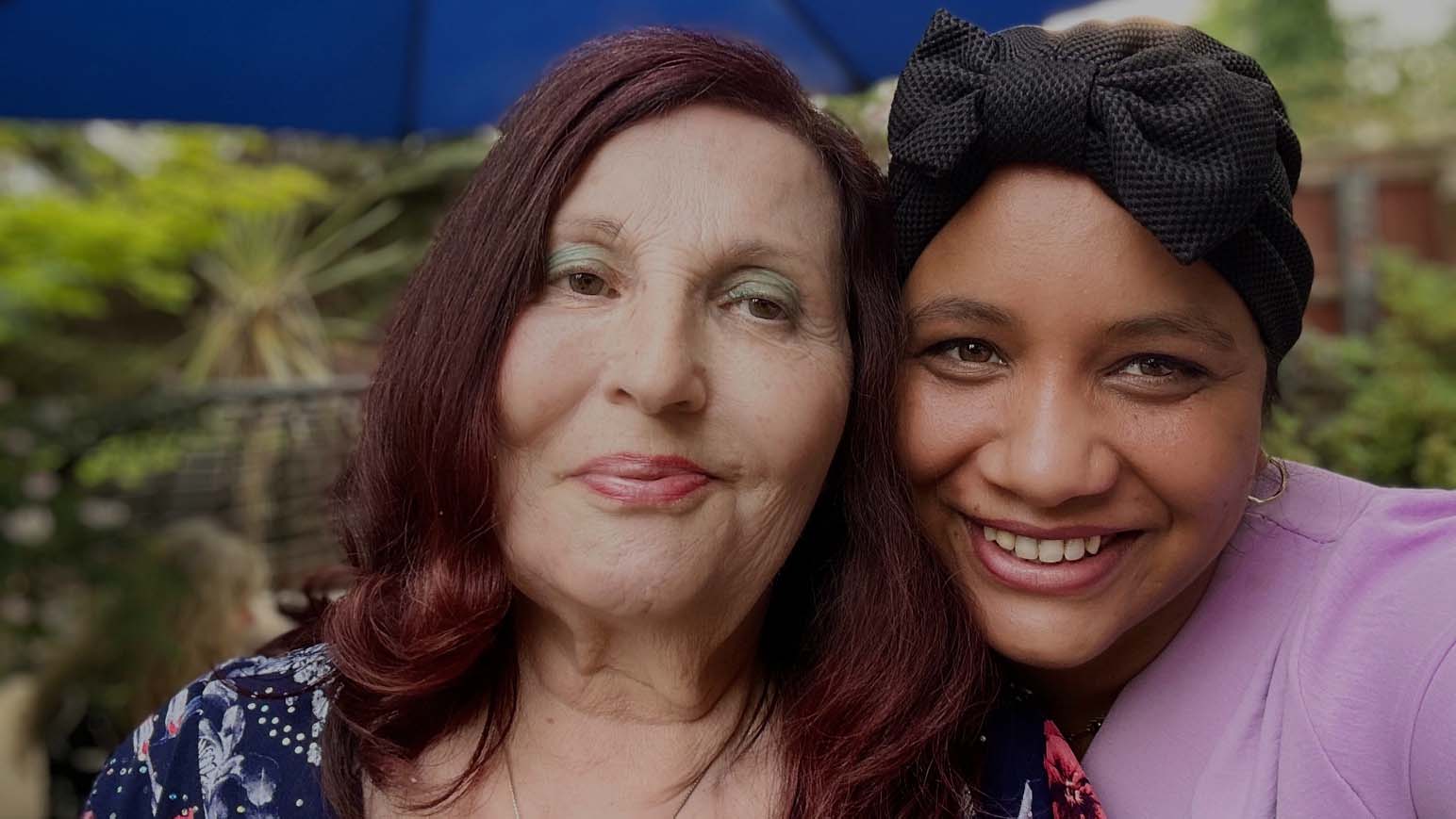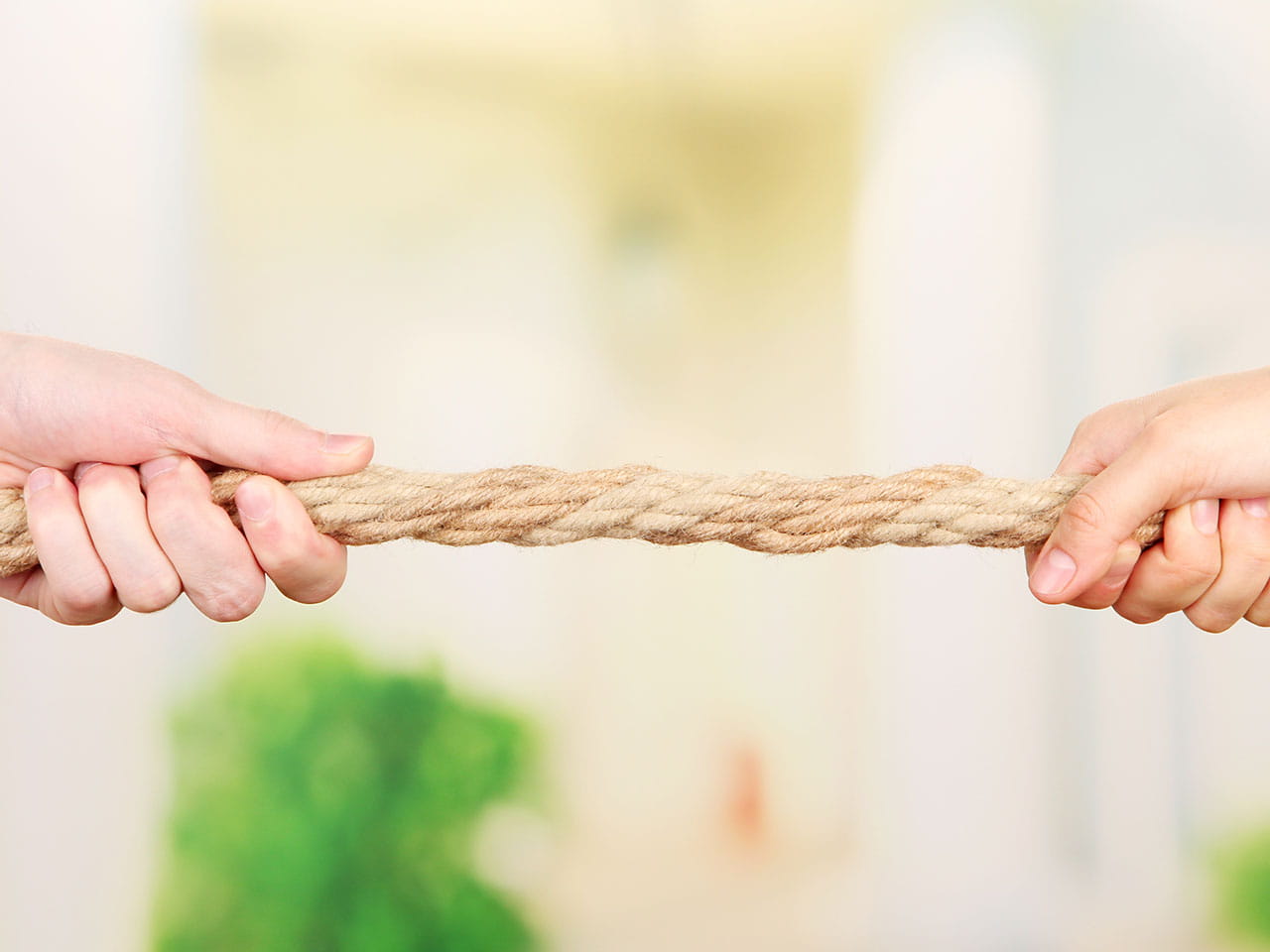
My daughter married late and has two small children. She has a well-paid legal job; her husband was a teacher.
They worked out that if he stayed at home to look after the children it was financially the best option, except my daughter comes home to an untidy house, washing not done, and the sink full of dishes. But she won't say anything as she's frightened of causing a row.
We live too far away to be of daily use, but I am angry on her behalf.

Behind the strong, clever woman walking on eggshells, look out for the unhappy house husband. It's an arrangement that works on paper, but far less well in real life.
This is no one's fault and everyone's fault.
For a start, few mothers put a small son on their knee and warn him he might marry someone who is super bright and will earn more money than he can, and it will help if he learns to be handy with a mop and a vacuum cleaner.
Thus, even in the 21st century, men are likely to feel emasculated if they are without a job outside the home.
Equally, a super bright, high-earning wife does not put her management skills in a drawer at the office and arrive home to play the role of the coquettish female expecting to be spoiled.
Instead, however exhausted, she will put her key in the front door ready to face the countless jobs left undone.
Surveys continually show that male partners are likely to think they do an equal share of the home chores when they don't. Plus, we have yet to elect a government that puts affordable childcare at the top of its priorities.
The irony is that in the bad old days of, say, 40 or 50 years ago when women were subject to jaw-dropping inequality, those who did work full-time in highly skilled jobs like your daughter's were likely to be able to afford trained nannies because a mortgage and the cost of living didn't swallow up such a huge slice of the annual family income.
The last time I appeared on BBC Radio 4's Woman's Hour – an office filled with clever women – I asked the mothers among them how they coped. The answers were depressing.
Each relied on a haphazard mix of calling in family favours, partners who could sometimes work from home, and paid help. Several didn't even begin to break even.
From this it's easy to see how attractive the house-husband idea becomes. But let's face it, the result is a disaster for your daughter and son-in-law, because the most important thing for any family is a happy, secure home, not one with an atmosphere of unspoken anger swirling about.
If she is reluctant to raise her dissatisfaction then you are left trying gently to persuade her that the family would be much better off emotionally if your son-in-law went back to work.
Of course, as grandmothers we are expected to keep our lips firmly zipped. Hence, good luck tiptoeing around this thorny matter in a tactful but helpful way,
Anne Robinson is a journalist, radio and television presenter best known as host of BBC's The Weakest Link for 12 years. A former assistant editor of the Daily Mirror, she has also presented Watchdog, Countdown and has a regular Radio 2 slot.
Anne has written columns for the UK biggest national newspapers and is Saga Magazine's no-nonsense agony aunt.

Every issue of Saga Magazine is packed with inspirational real-life stories, exclusive celebrity interviews, brain-teasing puzzles and travel inspiration. Plus, expert advice on everything from health and finance to home improvements, to help you enjoy life to the full.






The power of age gap friendships - we share the benefits and how to make them.

You've found someone new and now you want to take it further, but your grown up children don't approve. Expert tips on how to handle this difficult situation.
.jpg?la=en&h=576&w=823&hash=4516D8557DC47B1E21444166FFB91605)


